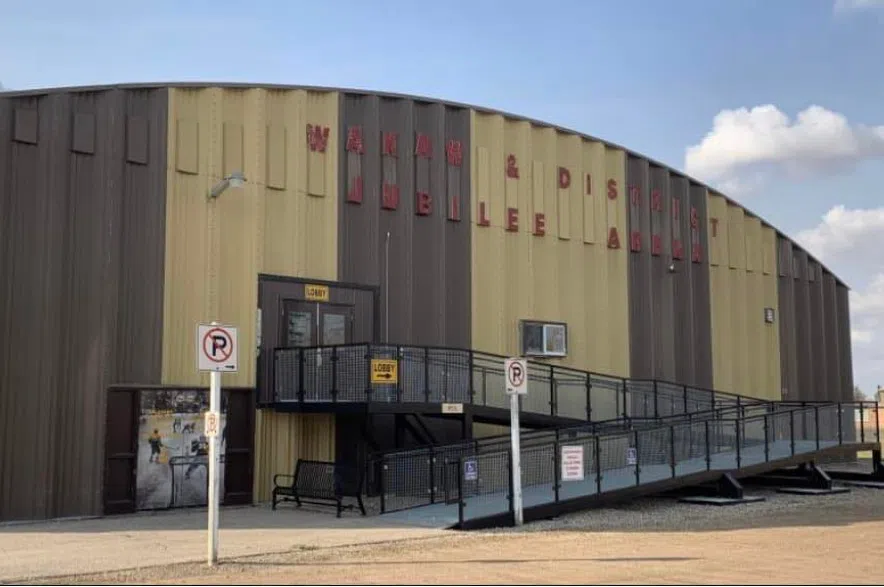Wakaw’s arena remained closed on Monday, one week after kids at a hockey tournament got sick from carbon monoxide poisoning.
The incident paused operations at the town’s Jubilee Arena and prompted investigations by both SaskEnergy and the Saskatchewan Health Authority.
After the investigations were completed, the town decided to invest in a new furnace and new parts for its Zamboni, as either machine could have been sources of the high levels of carbon monoxide that left players with headaches and nausea.
Kelly McClintock, president of Hockey Saskatchewan, said organizers did the right thing by alerting the authorities.
“I really felt the organizers did a great job in dealing with the town of Wakaw and making people aware,” McClintock said.
“There are things that are going to happen during the course of an event, whether it’s a roof leaking at the Co-operators Centre in a female tournament in Regina, or something like this. These are things that happen over the course of a year when so many events are being held.”
The incident at the arena in Wakaw might’ve caused some to wonder just how safe small-town arenas are.
McClintock said most towns and villages do a good job looking after their rinks, but sometimes unfortunate incidents can happen.
He said incidents like that one in Wakaw don’t happen “as much as people think they do,” but said his organization typically hears about six to 10 major issues with facilities each year.
“When you consider how many hockey games are played over six to seven months over the course of the winter, that’s pretty good,” he said.
“I know we had a senior game, I think in Avonlea (recently), with too many people in the rink. With it getting warmer, after the first period the ice wasn’t good, so they just agreed to come back later in the year and finish the game off,” McClintock added.
McClintock said Saskatchewan is unique because there are so many different arenas throughout the province which are run and funded in a variety of different ways. Some arenas rely on concession sales, grants and donations to keep the lights on, while venues in major centres like Saskatoon and Regina get a lot more income from ticket sales and receive more government support.
“There’s a lot of good people that are involved and want to ensure their facility is opened for hockey, public skating or whatever,” McClintock said.











